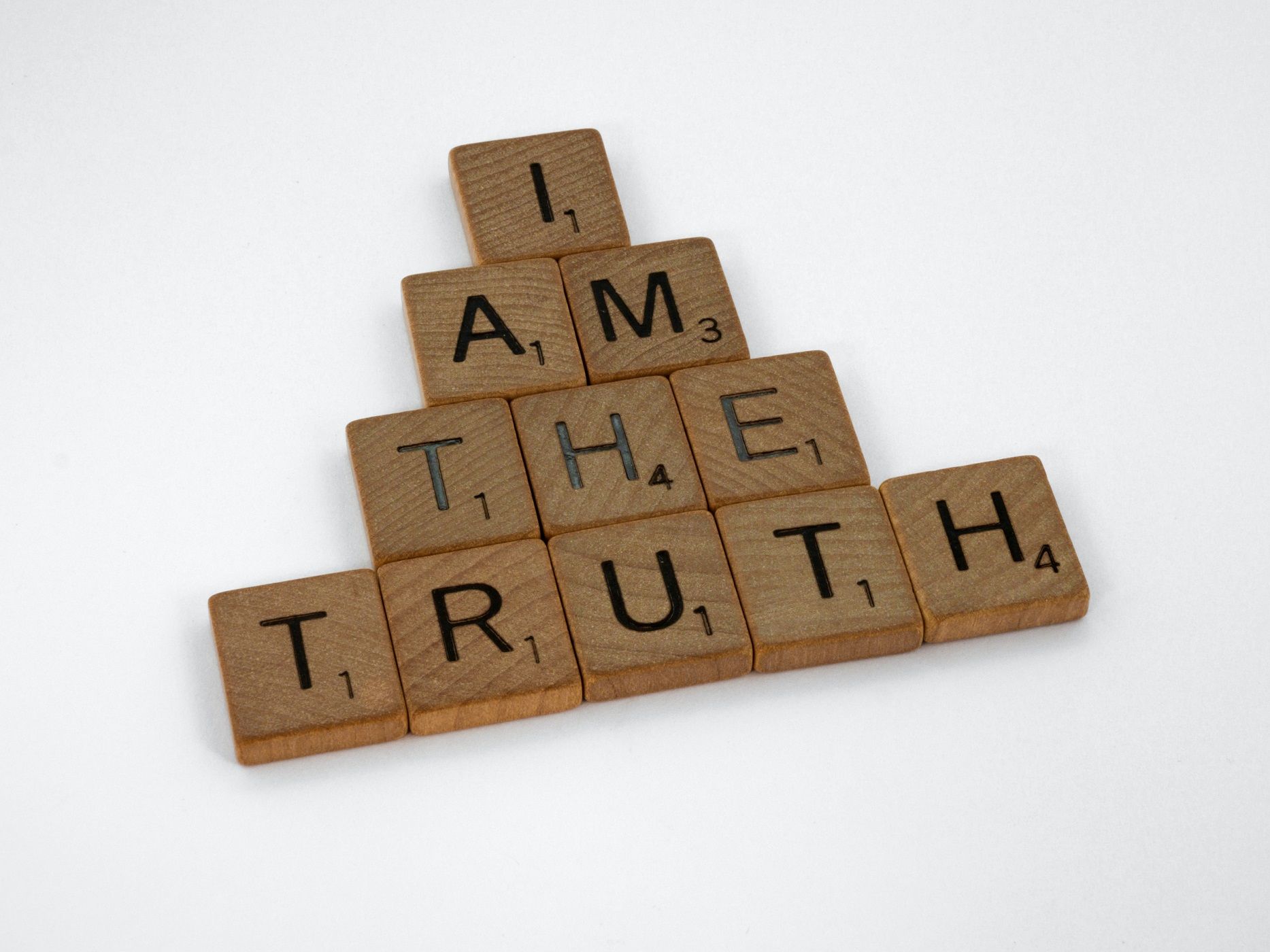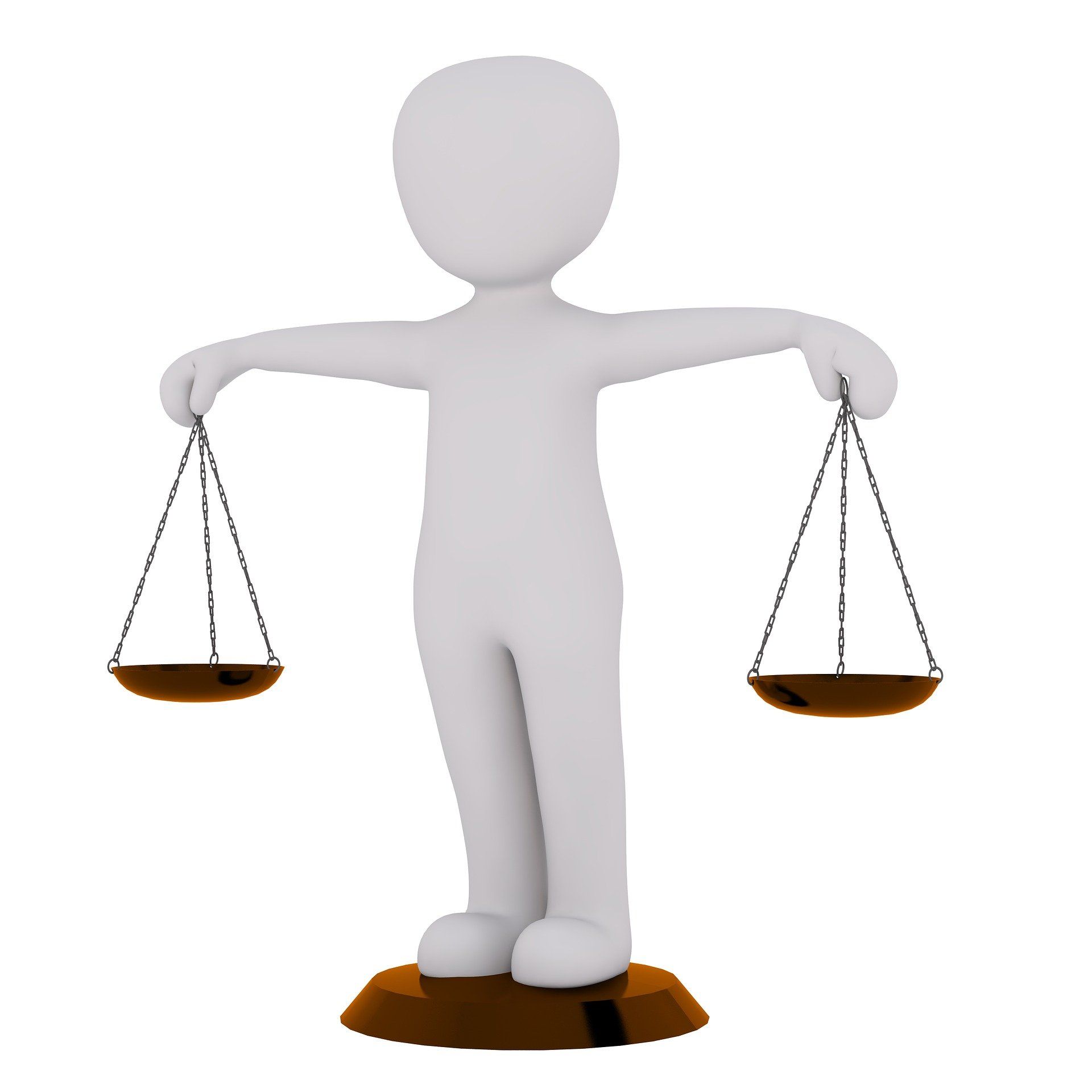Authenticity - My True Self
Find the balance between unadulterated and adapted!

Am I myself or do I just represent what others force me to do? Everyone asks that at some point in life. But there is a difference between appearing authentic and being authentic. Let's analyze the term.
Authentic was Germanized from the Greek and means something like "correct" or "reliable". Allowed synonyms are genuine, unadulterated, or unembellished.
The Appearance
When we say that an actor plays his role authentically in theater or film, then his actions, posture, gestures and facial expressions are consistent with the text given to him in the screenplay or manuscript. If we didn't know that we were sitting in a performance, we would have taken him for exactly the person whose role he only takes on in his performance.
The secret to appearing authentic is to "sell" one's own personality in a credible, sincere and honest manner. However, this does not have to correspond to our true selves. That's why the actor only "acts" authentically.
The Reality
In return, true authenticity is based on not pretending and expressing one's own opinion and values without hesitation. Your actions are consistent with your statements, which reflect your values.
Imagine you are the manager of a department. The owner of the company had a dispute with one of your employees. He makes you understand that he expects you to disgust that employee from the company so that he quits himself and he doesn't have to pay severance pay. However, this contradicts your values of sincerity and your own opinion of your colleague. From your point of view, he always delivers his work neatly and is very reliable.
Since you don't want to betray your own views in this situation, you will contradict your boss and explain why you decide against his subliminal request. Even under the threat of termination, you remain true to yourself and stand up to him - in a friendly way, of course.

An authentic person has a credible effect on others and inspires trust, because they can be sure that he or she will defend their own values even in difficult situations.
Do you recognize the difference between "acting authentically" and "being authentic"? Good.
On the other hand, a person who does not live authentically would give in at the latest in the situation described above because they fear for their job. For example, if you regularly use white lies, you can appear authentically believable, but you'll have a hard time maintaining that facade of authenticity. Sooner or later, people around you will notice that your stories don't always fit together and will label you as not sincere. Finally, there are also sensitive people who sense that you are not telling the truth - your truth. Just as a mother has a sense of when her child is lying.
Authenticity Is Precious, But Expensive
However, we are not always able to afford authenticity either.
Imagine an interview for the position of branch manager at a discount store. Very few job interviews say what the people involved really think. After all, the applicant wants to get a well-paid job. The applicant keeps his hobby "free climbing" a secret until he is hired and has survived the probationary period. Otherwise, as a branch manager, it can happen that this hobby is interpreted as a willingness to take risks. This is disadvantageous for shareholders and owners, since they hope to secure profits from his employment. In order to improve his chances, the applicant answers the question about his hobbies that he likes to meet up with his friends for board game evenings. This emphasizes that he is a sociable person who knows how to.

Conclusion
As you can see, it's not wise in all situations to show off your true self proudly. In order to still be at peace with your conscience, you have to manage the balancing act between the role you take on and your true personality.
Let's recap. Being authentic means
- to stand by one's own words.
- to maintain one's own values even under the threat of consequences.
- Harmonizing posture, gestures and facial expressions with the spoken word.
- not to pretend unless absolutely necessary.
Ultimately, this powerful word has a variety of other meanings that give room for interpretation in different fields. However, you can now decide for yourself whether you live authentically.